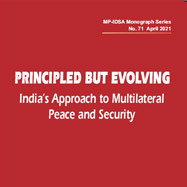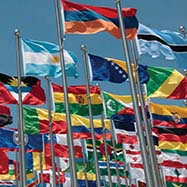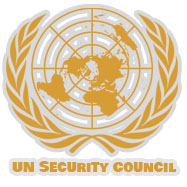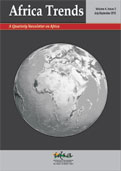The International Committee of the Red Cross in Internal Armed Conflicts
- Publisher: Palgrave Pivot
2018
This book critically examines the possible dilution of the neutrality principle of the International Committee of the Red Cross (ICRC) in internal armed conflicts. It begins with the proposition that the intervention of ICRC in internal armed conflicts led to compromises in neutrality, and questioned the autonomy and independence of the organization. The book also argues that the field operations of the international humanitarian organizations during internal armed conflicts are dependent on the authority exercised by the state in whose territory the conflict persists. The ICRC’s involvement in Sri Lanka and Sudan provides empirical support to validate these propositions and arguments.
- E-book ISBN:978-981-13-2601-1, Hardcopy ISBN: 978-981-13-2600-4,
- Price: E-book - $54.99, Hardcopy - $69.99
- Published: 2018















